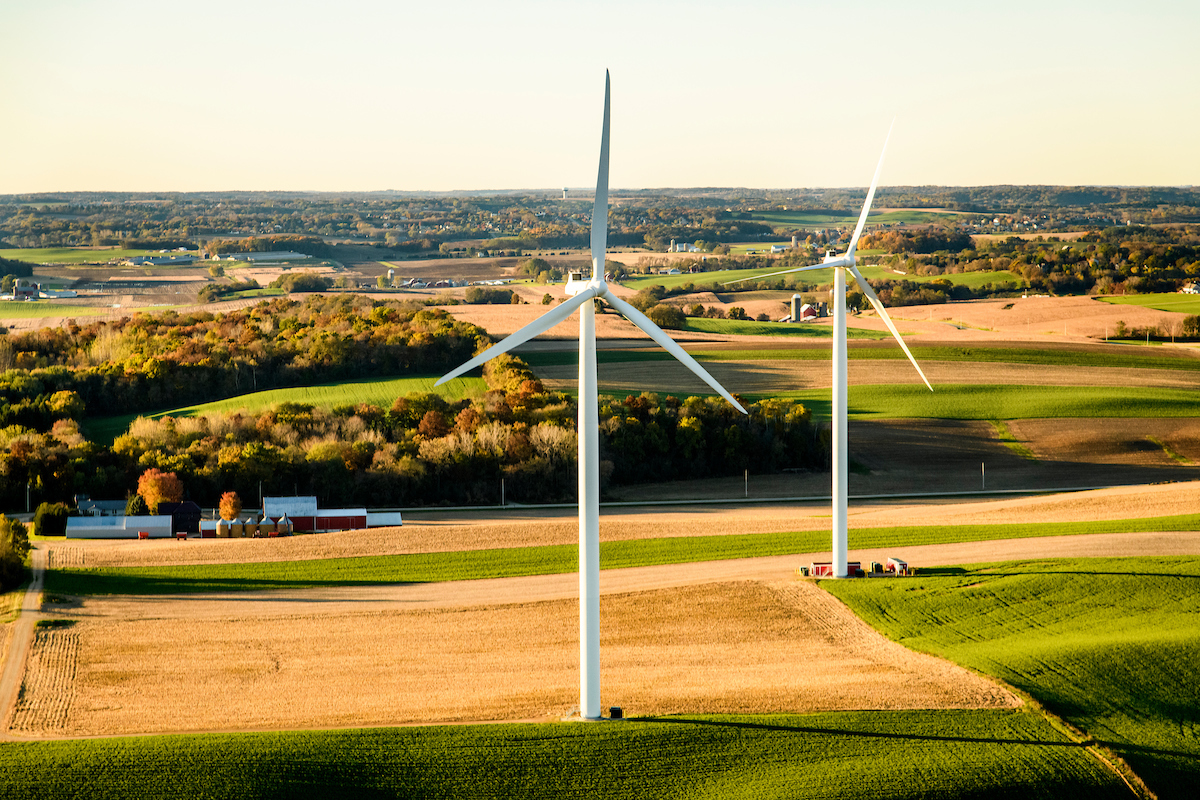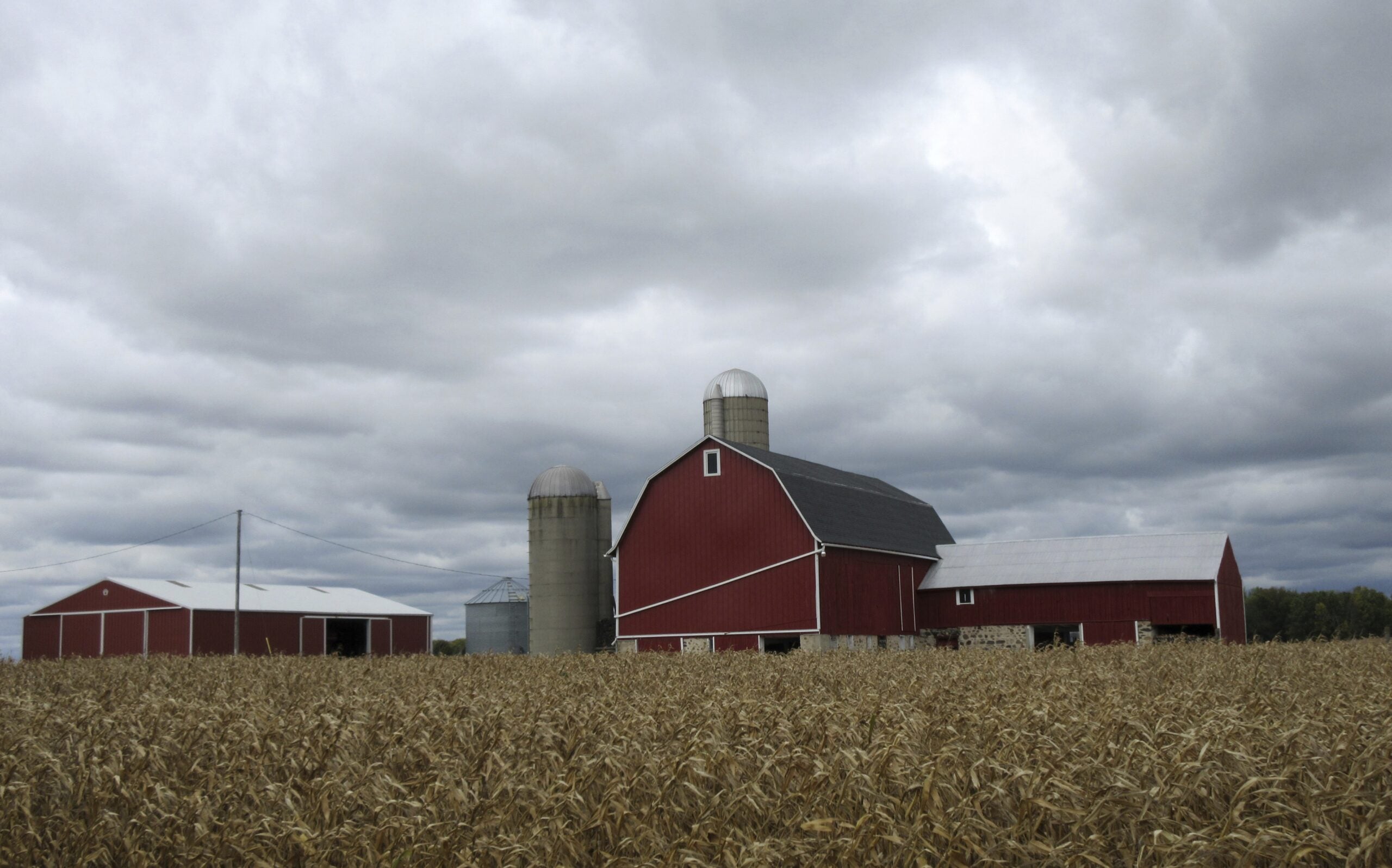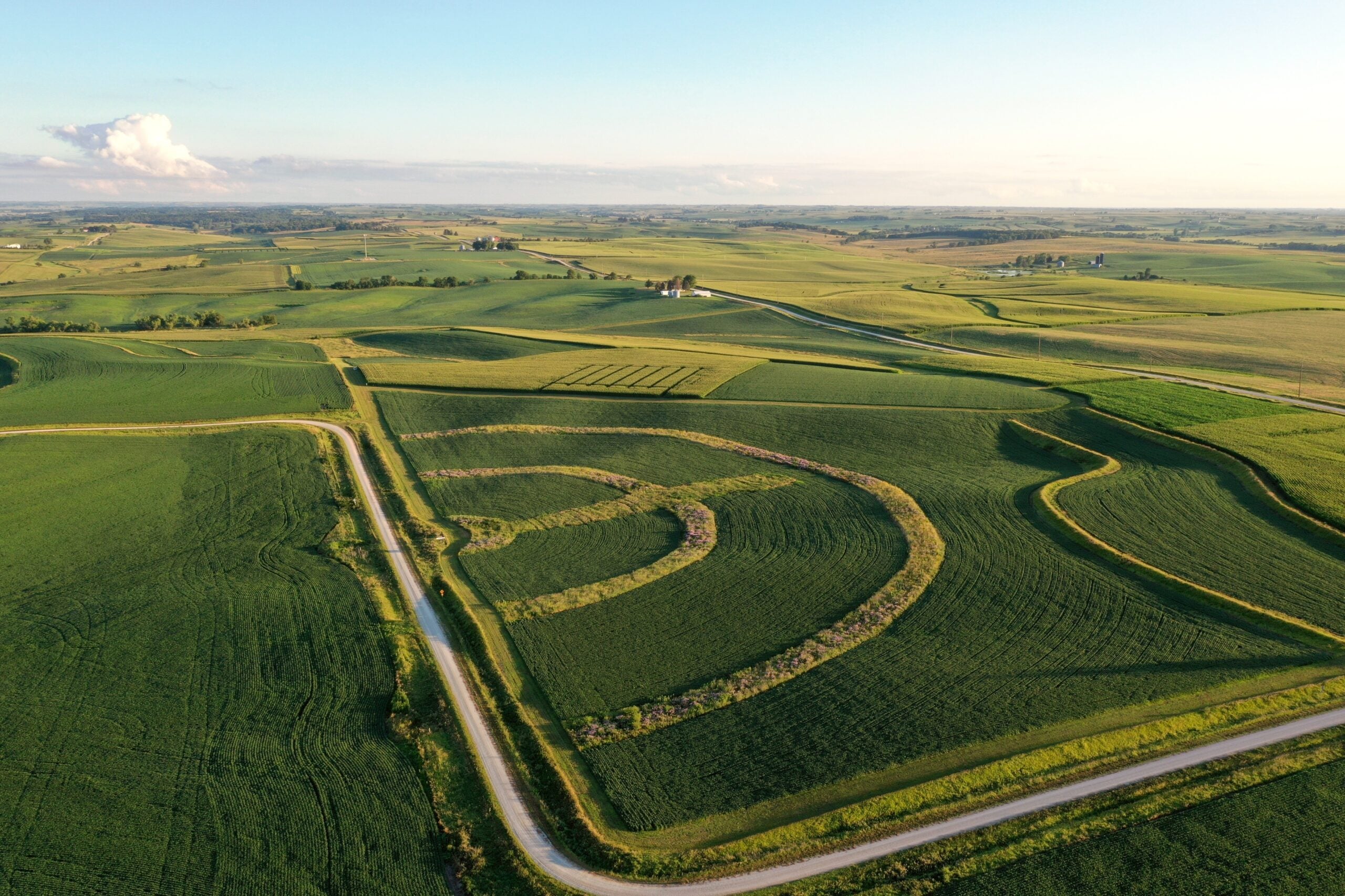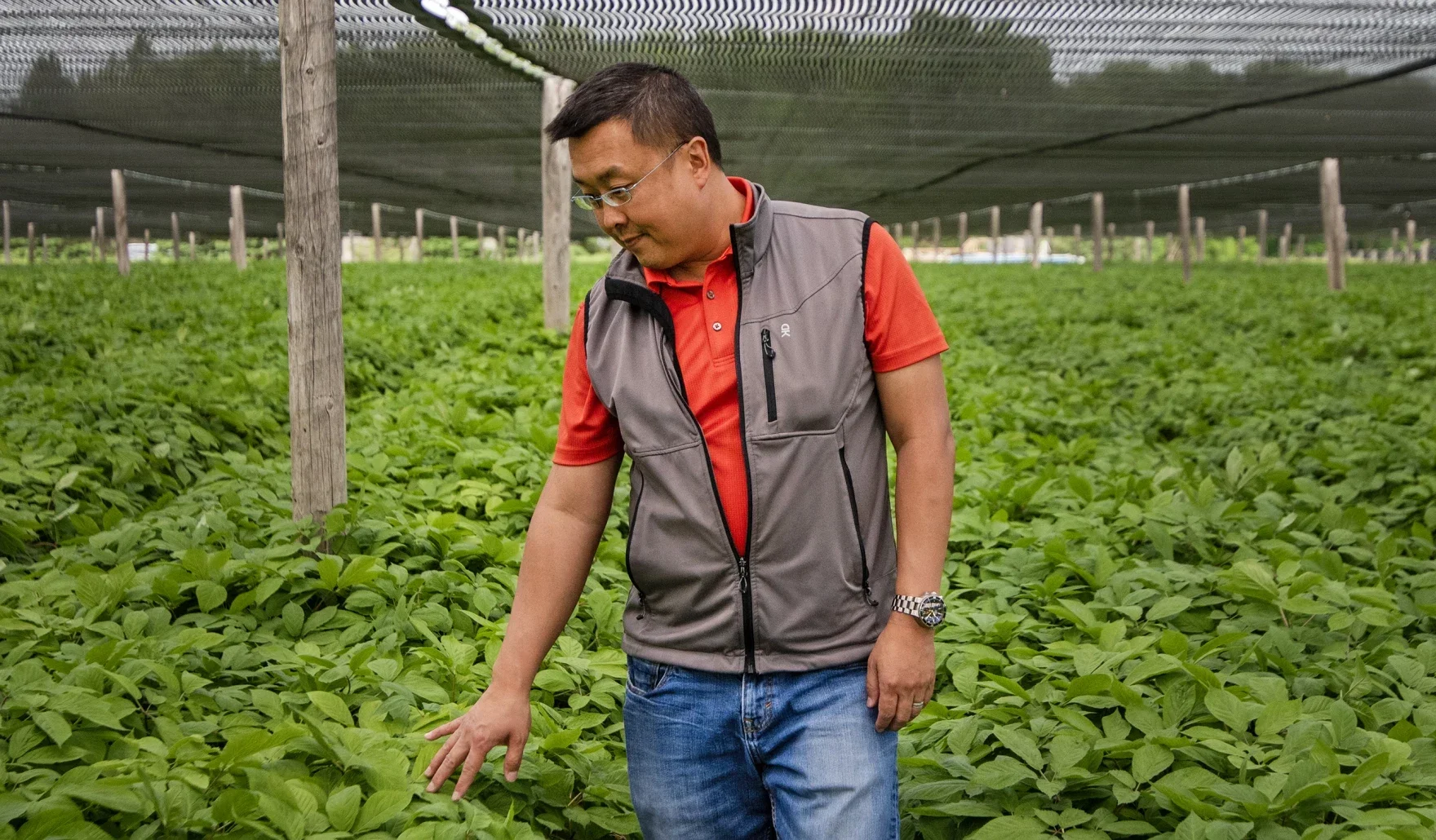Lawmakers and citizens are raising concerns about Chinese companies purchasing U.S. land. But a new analysis paints a different picture of who owns and leases American farmland.
Wisconsin is among more than two-thirds of all states that are considering or have enacted laws limiting or banning foreign ownership of land, Politico reported in April. A Wisconsin state statute restricts foreign private investment in land.
The Agricultural Foreign Investment Disclosure Act of 1978 created a national system for collecting information on foreign ownership of American farmland.
News with a little more humanity
WPR’s “Wisconsin Today” newsletter keeps you connected to the state you love without feeling overwhelmed. No paywall. No agenda. No corporate filter.
A report this year from the U.S. Government Accountability Office recommended the U.S. Department of Agriculture improve the reliability and timeliness of its data.
Also this year, U.S. Sen.Tammy Baldwin introduced a bill with bipartisan support in an effort to improve reporting and enforcement of existing federal laws on foreign farmland ownership.
U.S. Senate candidate Eric Hovde, who is running against Baldwin in Wisconsin, recently claimed that China is buying up large stretches of American agricultural land.
Wendon Zhang, an assistant professor of economics with Cornell University, joined WPR’s “Wisconsin Today” and poured some cold water on that idea.
Zhang and two other researchers recently published an article — “Mapping and Contextualizing Foreign Ownership and Leasing of U.S. Farmland” — in the 2024 Journal of the American Society of Farm Managers and Rural Appraisers.
Zhang said his recent research found that China and other “adversarial countries” hold zero acres of land in the “Lake Region” of the U.S., a space that includes Wisconsin. His team found that Canada, Denmark and Portugal are the top three holders of Wisconsin’s foreign-held land.
“The bottom line is, if you’re concerned about significant Chinese holdings of agricultural land in Wisconsin, the evidence seems to say the contrary,” Zhang said.
However, Zhang also found that more than 51 percent of Wisconsin’s foreign-held agricultural land is categorized without a prominent country code, meaning investors in a particular property come from multiple countries. Zhang said it’s possible China or other countries might hold shares small enough in some types of holdings to fall outside of what is reported to the government, leaving them underrepresented in USDA data.
On “Wisconsin Today,” Zhang broke down his findings and what they mean for American farmers.
The following was edited for clarity and brevity.
Rob Ferrett: You dug into data from the USDA on foreign owners of American farmland. The big concern is around so-called “adversary nations,” China in particular. So, when you dug into how much land is owned or leased by county, what did you find out?
Wendong Zhang: As an overview, foreign persons or companies hold about 43 million acres of U.S. agricultural land as of 2022. And it’s about 3.4 percent of all privately held agricultural land. As you mentioned, the attention is on adversary countries: China, Russia, Venezuela, Cuba and Iran. With increasing attention on China.
China actually is not one of the dominant players in this space. Canada owns and leases about 12 million acres of U.S. land. China’s total holding across the entire United States is about 350,000 acres. So, just by acre it’s a big number. But if you’re looking at the percentage, remember: this will be less than 1 percent of all foreign holdings, so less than 1 percent of the 3.4 percent (owned or leased by all foreign entities).

RF: What do we know about foreign-owned farmland and Wisconsin — who owns it and what’s happening on that land?
WZ: The U.S. has 3.4 percent of all privately-held agricultural land owned or long-term leased by foreign companies. That percentage in Wisconsin is 2.4 percent.
There are two interesting points when we look at Wisconsin. Eighty-five percent of all land that has a foreign interest is forest land. So it’s not cropland, not pasture land. It’s actually nearly 400,000 acres of forest land, predominantly with Canadian ownership.
Some of the top companies in Wisconsin actually don’t (list) any predominant country code. The USDA doesn’t require them to report the multiple countries involved in these transactions … But they actually hold probably the lion’s share of all the foreign land holdings in Wisconsin. About half of the land with foreign interest is held by three to five large companies, with no one dominant country. So it’s likely a collection of Canadian and western European countries.
But this also highlights the need to beef up the quality of the reporting. I’m sure that many politicians in Wisconsin and the public would like to know what are the countries involved in those, especially given their significant presence in Wisconsin.
RF: Wisconsin is included in what you call the “Lake Region” of the United States. When it comes to land owned by companies based in China, that’s zero. There are zero acres owned by China in this region. Am I reading that right?
WZ: Yes, that’s correct. So when you’re looking at the adversary countries — China, Russia, Iran, North Korea and Venezuela — based on the public records voluntarily reported to USDA, all these countries do not hold any agricultural land in Wisconsin.
That said, many people could say this could indicate the quality of the data. It’s possible maybe there are some Chinese presences underrepresented. If, for example, Chinese entities hold minor shares of this “no predominant country code” holdings, as I noted before. But the bottom line is, if you’re concerned about significant Chinese holdings of agricultural land in Wisconsin, the evidence seems to say the contrary.
RF: Politicians have expressed concerns over Chinese companies buying land near U.S. military installations. You worked with county-level data, which might not tell us if land is right next to a military installation. But based on the available data, what were you able to figure out?
WZ: Unfortunately, that database doesn’t have the specific location of (individual) land holdings. What we can do is compare that land with the land in a county with military installations versus not. And we do not find a significant increase of targeting from foreign countries into these (counties) with a higher presence of military bases.
Wisconsin Public Radio, © Copyright 2025, Board of Regents of the University of Wisconsin System and Wisconsin Educational Communications Board.







